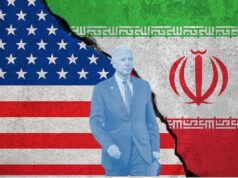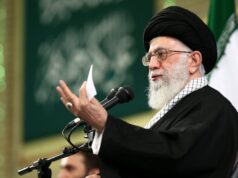North Korean leader Kim Jong Il died Saturday of a heart attack, the country’s news media reported Monday, sparking emotion from North Koreans and uncertainty from an international community that has lost its fair share of dictators this year. Announcing the news, North Korean state media called the youngest son of the late dictator, Kim Jong Eun, the “great successor” to his father. Little is known about the younger Mr. Kim, however, and it is uncertain if he will be able to consolidate power.
North Korea’s most powerful ally, China, expressed its sorrow, calling Kim Jong Il “a great leader of North Korean people” who made a “significant contribution to the socialism development in North Korea.” Washington, for its part, has said little, with White House spokesman Jay Carney noting that the administration is “in close touch with our allies in South Korea and Japan.” South Korea placed its military on high alert in response to the news.

Kim Jong Eun |
Under Kim Jong Il, North Korea obtained nuclear weapons and repeatedly threatened South Korea and the U.S. It was also a key source of assistance to Iran, Libya, and Syria’s nuclear weapons programs — making Kim Jong Il largely responsible for the nuclear threat emanating from the Middle East today.
North Korea is believed to still assist Tehran in this regard. According to a report last week by the South Korean paper The Korea Times, hundreds of Korean nuclear and missile experts are working in Iran. Indeed, North Koreans are believed to be among the dead in two recent explosions in Iran — one that hit a steel facility last week and the other on November 12 that killed Iranian missile expert General Hassan Moghaddam. In addition, it is believed that North Korea is helping China circumvent sanctions against Iran by delivering Chinese weapons and missiles that can carry a nuclear warhead to the mullahs.
One can only hope that the dictator’s death will bring about a change in North Korea’s foreign policy decision to supply weapons and nuclear information to erratic regimes. However, with little known about Kim Jong Eun and his ability to maintain control, the outcome hangs in the balance.





